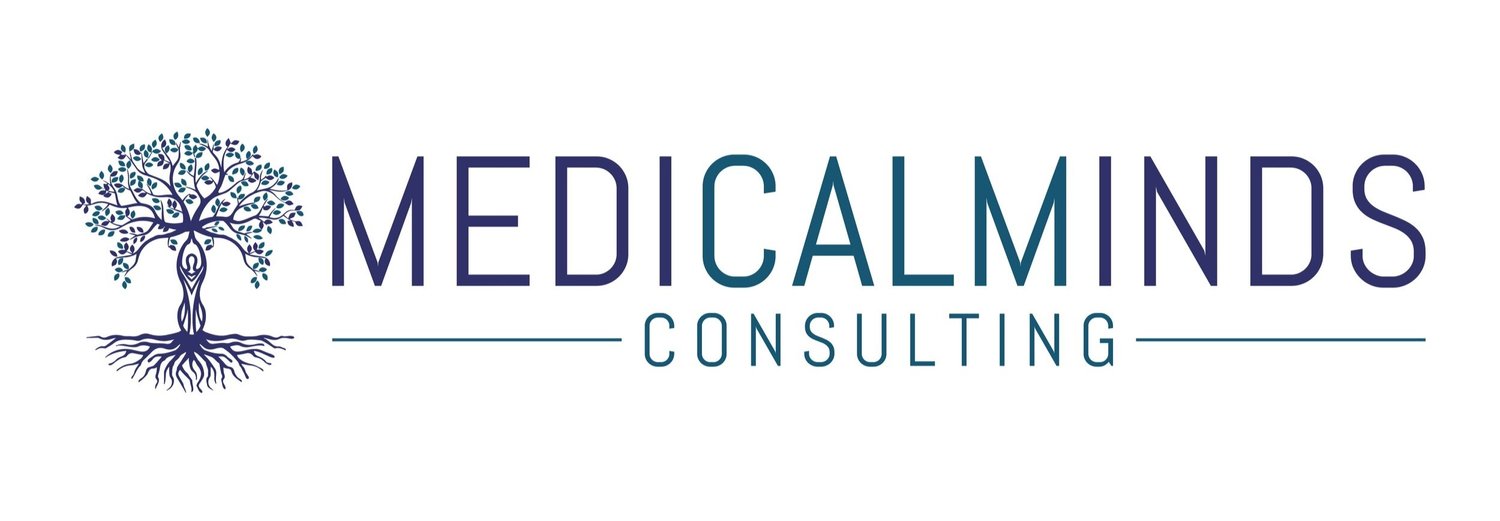Is Illness an Opportunity?
After 2 ½ years of being careful (and lucky), Covid finally caught up with me. This unwelcome visitor was also the first time I’ve faced any kind of infectious process since starting on medications that modify my immune system to keep rheumatoid arthritis symptoms at bay. Prior to my RA diagnosis, I definitely had pride in my health and immune system (and at the same time, I took it for granted).
Like many physicians, I had been unaccustomed to illness. I had never missed a day of work due to illness, except for the one week I took off after my appendectomy in 2007. It turned out that one week was not enough time, as the fatigue and pain with strenuous activity lasted longer than anticipated. (I also took time off after my thumb fusion, but that was mandated by my doctor, and a cast after a reconstructive procedure. Not really sick time, right?)
I considered myself “too essential” to take time off for a “minor illness”. Sure, I sometimes went to work feeling terrible, taking all the OTCs in my medicine cabinet as needed to keep going, then coming home to collapse at night as my body worked off the illness with no assistance from me. As with many other physical maladies I experienced during my time in medicine, I just expected my will to override the physical feeling. No time to take care of myself.
I remember one weekend on call as a chief resident. It was a Saturday, and I felt awful. The illness started a bit on Friday but by Saturday morning I felt quite sick-nausea, chills, stuffy nose, and weak. But I was on call. And there was no mechanism for calling in sick and having someone else replace you. And even if there was, few would have availed themselves of the process. No one wants to appear weak, not pull their weight and put the burden on someone else.
So into the hospital I went, where a full operating day awaited me and my team. I scrubbed for the first case. Felt terrible. Asked the anesthesia resident to put in an IV between cases and lay down in the lounge to get hydrated. All day long this pattern repeated. Finally, around 6 pm when we’d finished all the cases that were waiting, the attending came up to me and told me he would take the Chief Call that night, so I could get some rest. I let him talk me into it, got a great night’s sleep, and came back the next morning much improved and ready to work. 25 years later I remain grateful for his kindness and also certain that not many would have done it.
I can only hope that the pandemic has changed this unhealthy phenomenon of working no matter how sick you may be or terrible you feel. But even if it has improved, I suspect it will still be hard for many residents and practicing physicians to accept when they are ill or prioritize their health and well-being. Or to realize that because they are not at their best, their patients would be better served by them taking care of themselves rather than pushing through.
Because pushing through is the behavior we are taught. Pushing through is the behavior we see modeled. Being strong and invulnerable is the ideal we seek.
And while we may be very strong and determined, while most physicians have personal grit well above average, we are vulnerable. Because we are human. We are not exempt from physical maladies, illnesses, or injuries.
Among the many books I read after my RA diagnosis was Gabor Mate, MD’s When the Body Says No: Understanding the Stress–Disease Connection. What I learned from this was how often the illness manifested in the body can be an indication of thinking and acting in a way that does not support your health and well-being. This is a very personal thing and yet there are patterns seen in different diseases. The body can act as an alarm system that your life is dangerously out of alignment.
While recovering from Covid I finally read Paul Kalanithi’s When Breath Becomes Air. It is a beautifully written and heartbreaking book about a neurosurgery resident with stage 4 lung cancer. (Warning: spoilers ahead.)
It details his lifelong interest in literature, philosophy, and the intersection of life and death. His desire, as a physician and a human to be at that moment in people’s lives. And then he became the person who experienced it as a patient himself. In some ways, it seems he absolutely fulfilled his life’s purpose by experiencing, thinking and then writing about his illness.
But in other ways, there may have been an opportunity lost to take another path. He was starting to discover a new identity as a person living with cancer, because his tumors responded to the chemotherapy agent he was on. They responded so well, in fact, that he went back to his neurosurgery residency, first performing some of his previous duties and then all of them. At the same punishing pace, he had taken prior to his diagnosis, because a fellow resident had said some attendings were questioning whether he could graduate.
Then he developed a large new tumor mass. One that didn’t respond to the medication. He went on more conventional chemo, which nearly killed him. Before the tumor recurrence he was able to finish his residency, but he was unable to ever practice although he did manage to write this book.
No one can know what his trajectory could have been if he hadn’t gone back to residency, if he had decided to forge a non-neurosurgery identity instead. But I can’t help but wonder because of the role stress plays in our health and immune system. Would he have had more time? And would it have been more valuable to him than the future he chose?
In that setting of residency, his body said no. He stopped the pace he was working at, and his body responded. He went back to a residency lifestyle, eventually at the same punishing pace, and his body again said no. This is a simplistic narrative since physiology and cancer are both such complex processes, but the questions remain.
So when you have evidence that your life, job, relationship, or situation is affecting your physical health, you have an opportunity to consider if it is simply too unhealthy for you. You have an opportunity to forge a new identity and perhaps improve your physical health along the way.
This doesn’t necessarily mean changing everything externally. It can just mean changing the way you do your current life. Finding a way to experience less stress and more enjoyment. Crafting your internal and external relationships so they better support you.
If you fail to form that new identity, one who thinks and acts differently in key ways, you will likely achieve the same results and re-encounter the same problems.
You may have been taught to be strong and appear invulnerable, but you don’t have to continue to follow this unrealistic ideal. You can choose differently so that you can better support your long term health and well-being.
And when the illness or injury resolves or stabilizes, take some time to experience gratitude for being in better health.
That is the opportunity of illness.























